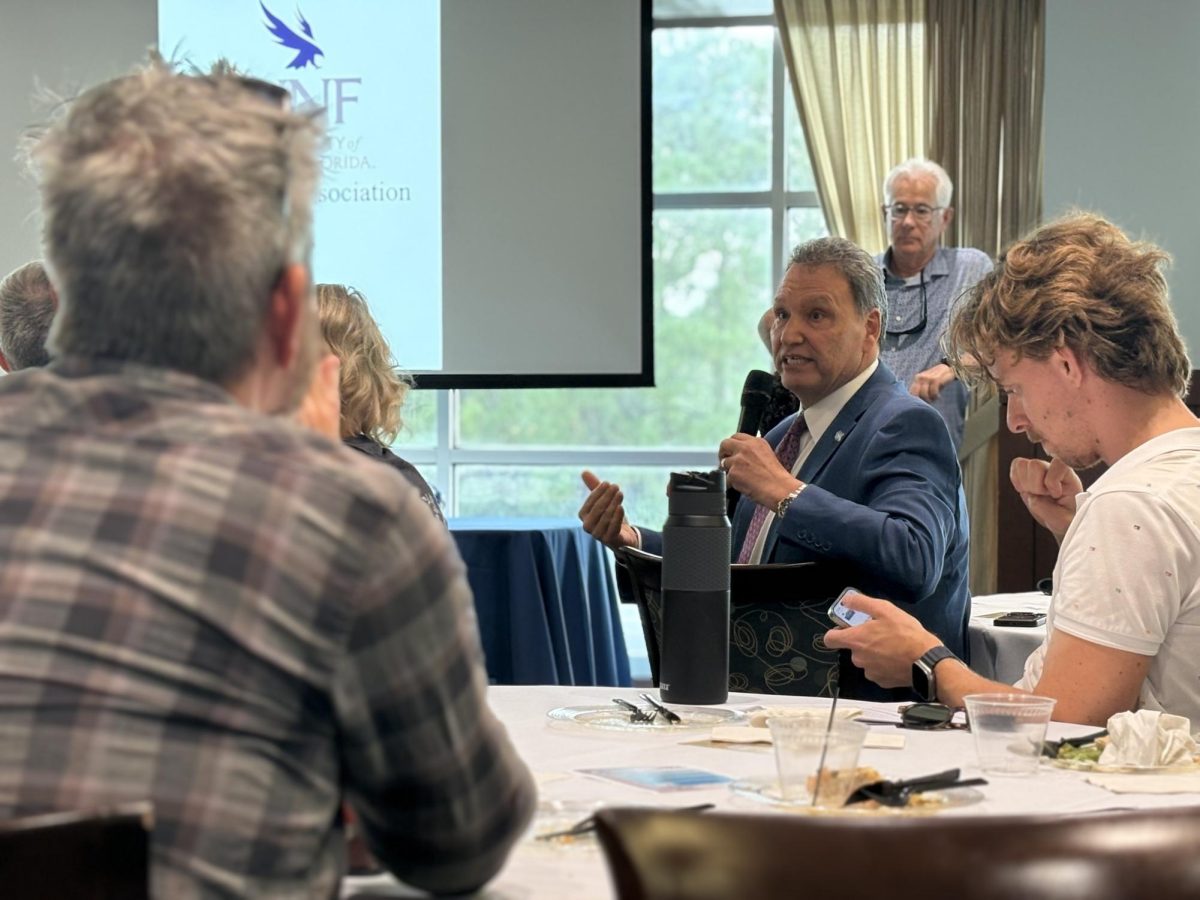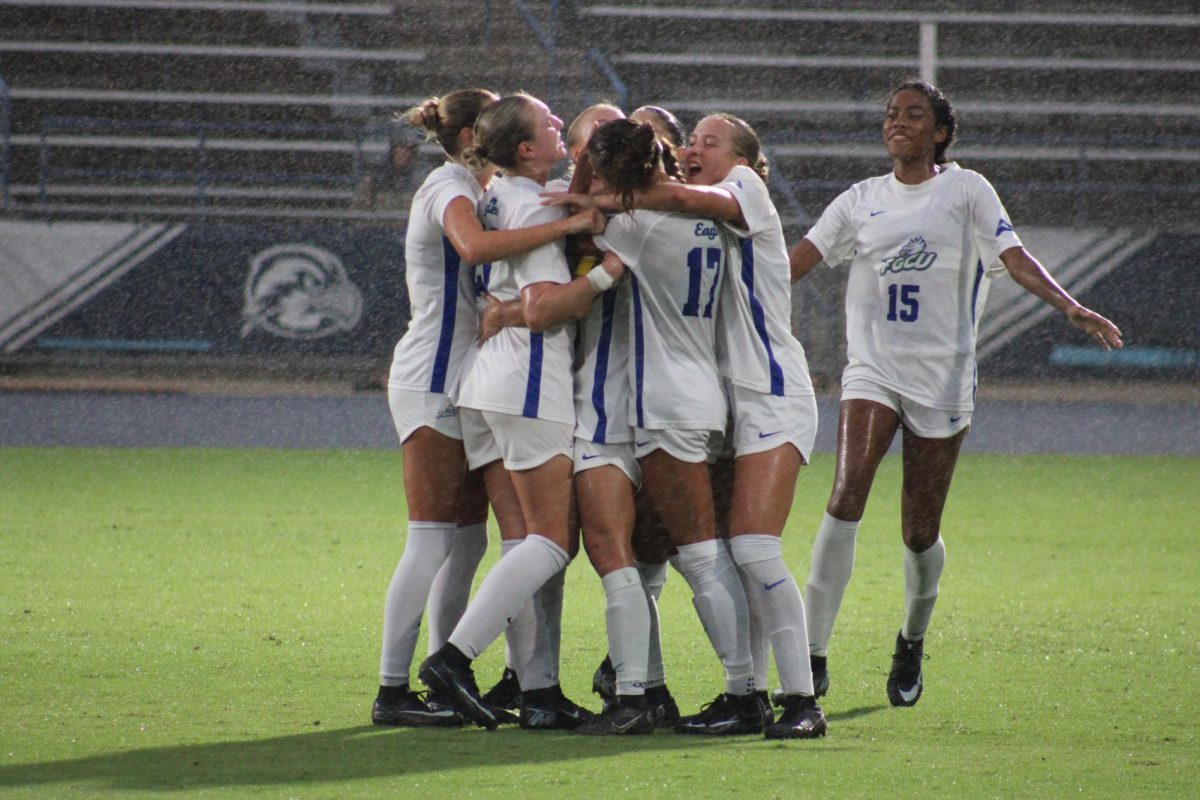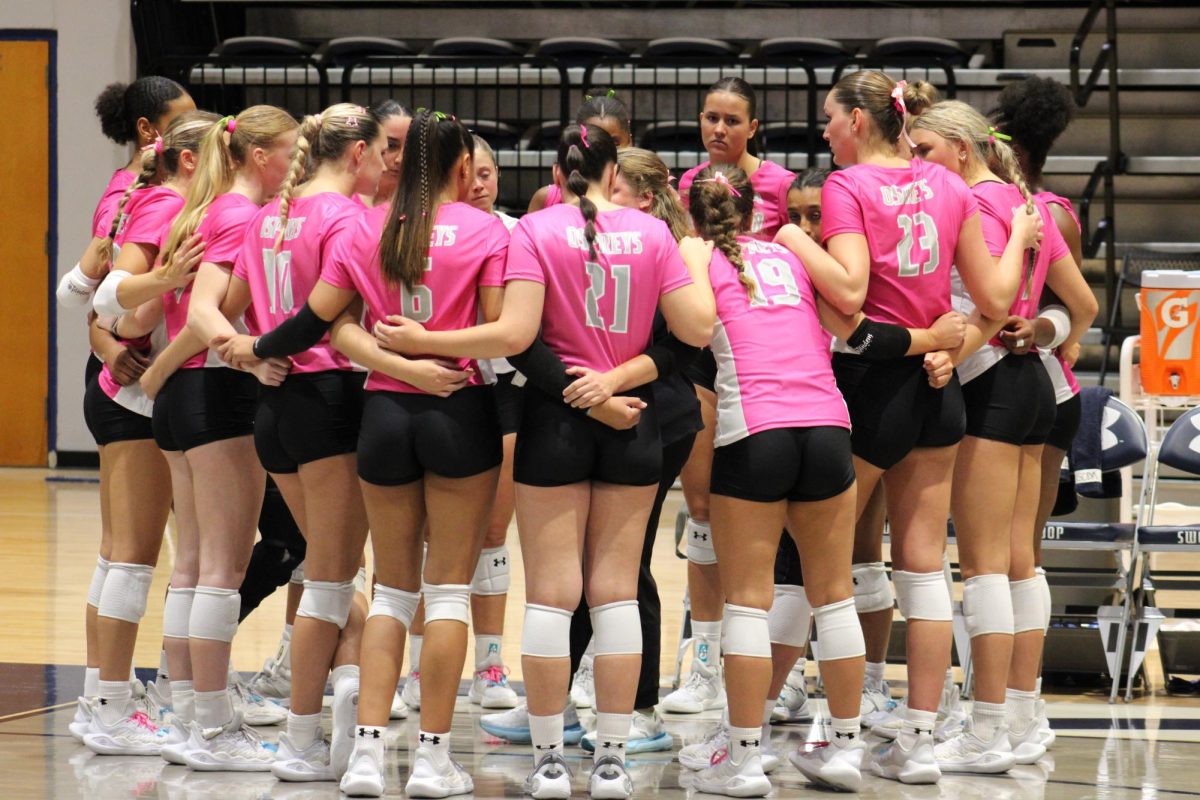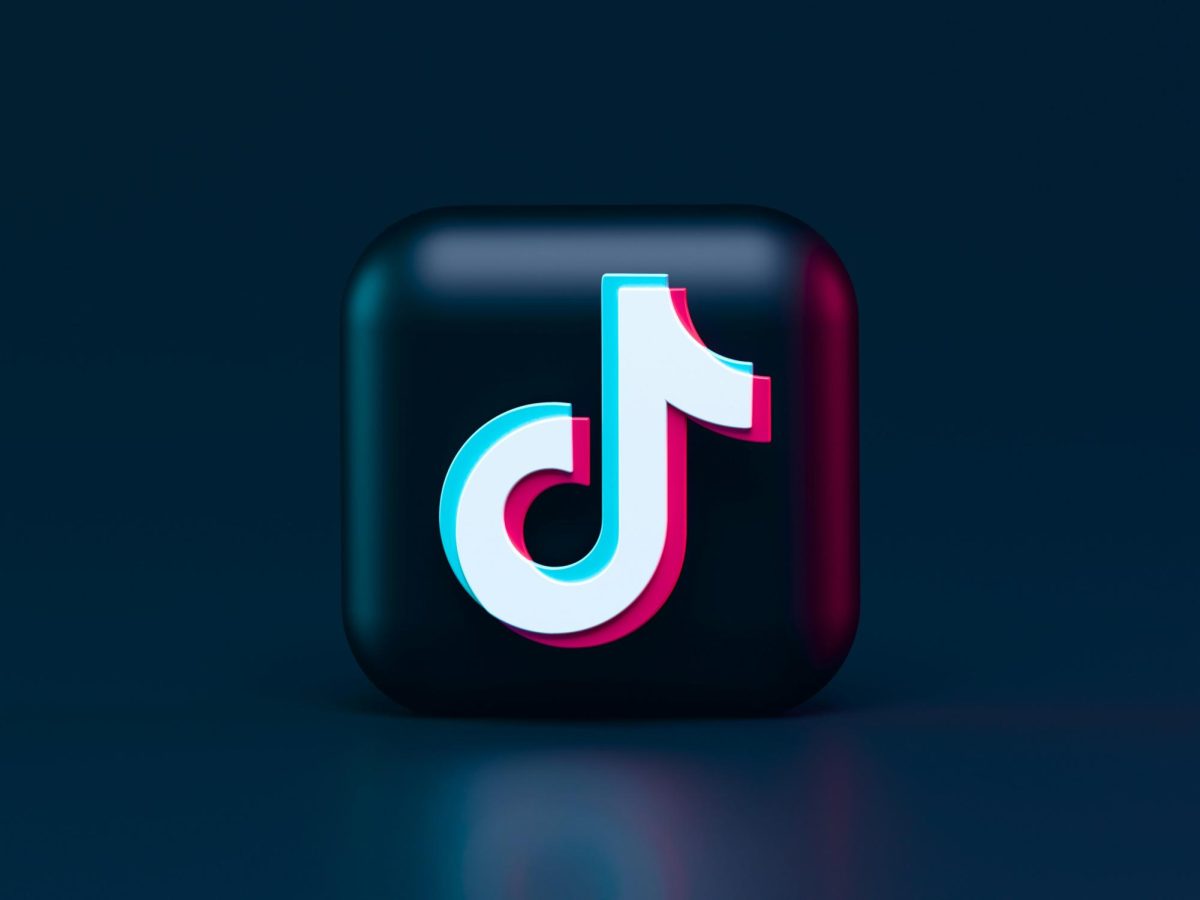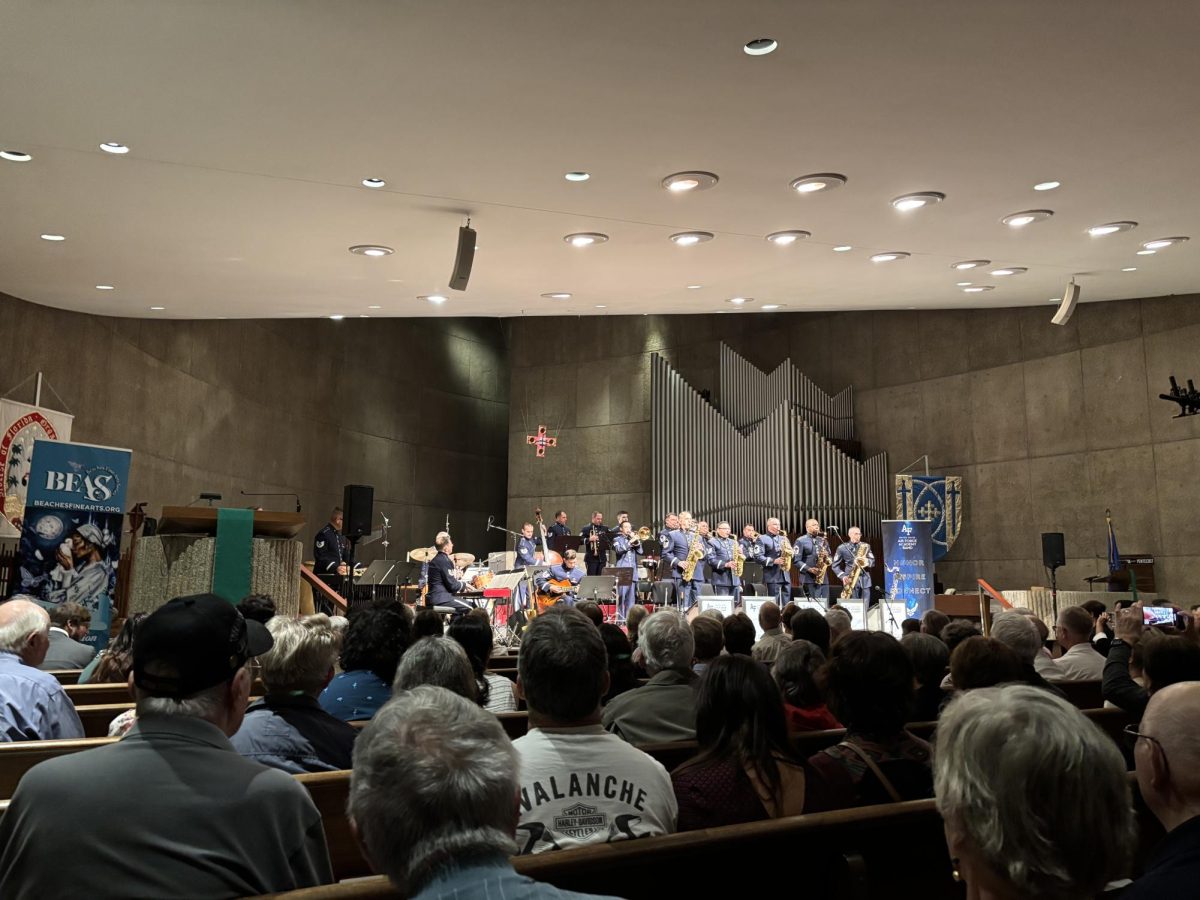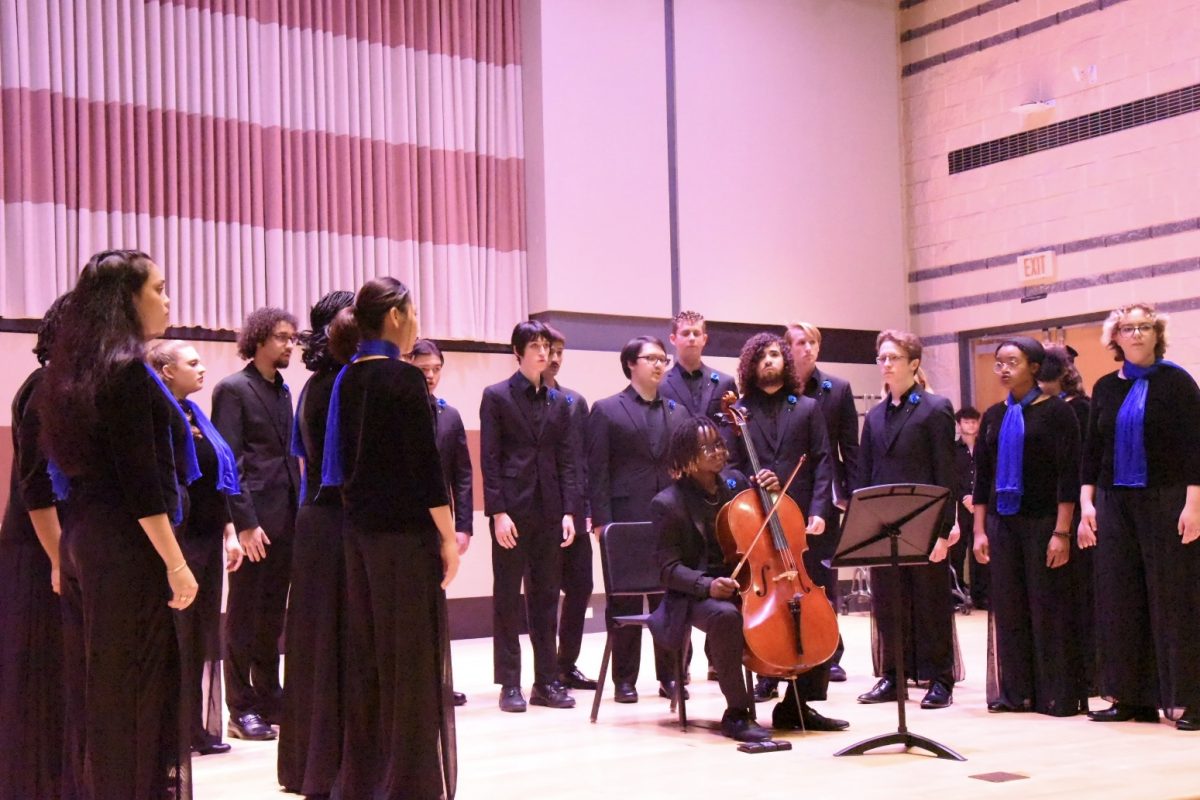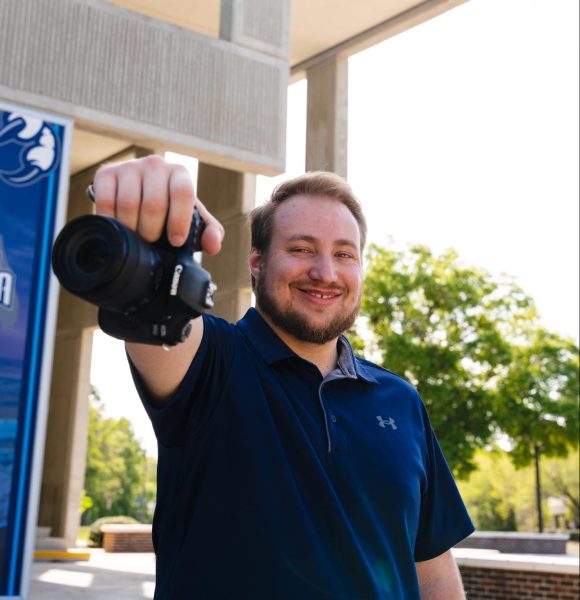It’s no secret: Generation Z — as a whole — does not like country music. Hip-hop was the top genre among respondents to a Ypulse 2021 survey. In fact, country didn’t even crack the top three genres.
This sentiment is quite disheartening news. I love country music. Not a day goes by where I’m not listening to Luke Combs, Midland, Hank Williams Jr. (Bocephus!) or all three. Usually, it’s all three.
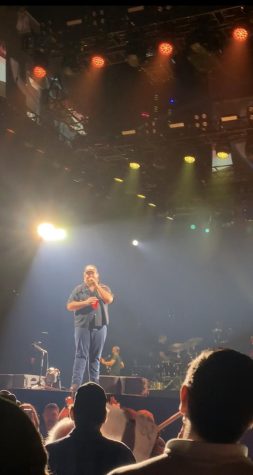
To get to the bottom of this mystery, I asked my friends, “If you don’t like country music, what’s the main reason you dislike it?” Their answers ranged from “It wasn’t something I grew up with” to, “I just don’t like it.” However, one answer stood out to me:
“It’s country.”
I was perplexed. It’s country? What does that even mean? It took me a while to understand what that meant, but I think I have an explanation.
It’s obvious to anyone that country music has a certain implied culture. We’ve all heard the “Pickup trucks, girls and beer” criticisms, and claims that the genre is “just a bunch of straight white men.” In short, country music is just not relatable to Gen-Z… at least that’s what they’re led to believe.
Let’s compare this genre to another: hip-hop. Hip-hop is also incredibly niche. Most songs address the difficulties of life for low-income, inner-city communities of color. With as diverse a fanbase as hip-hop’s, not everyone relates to this music either. Clearly, another factor is at work here.
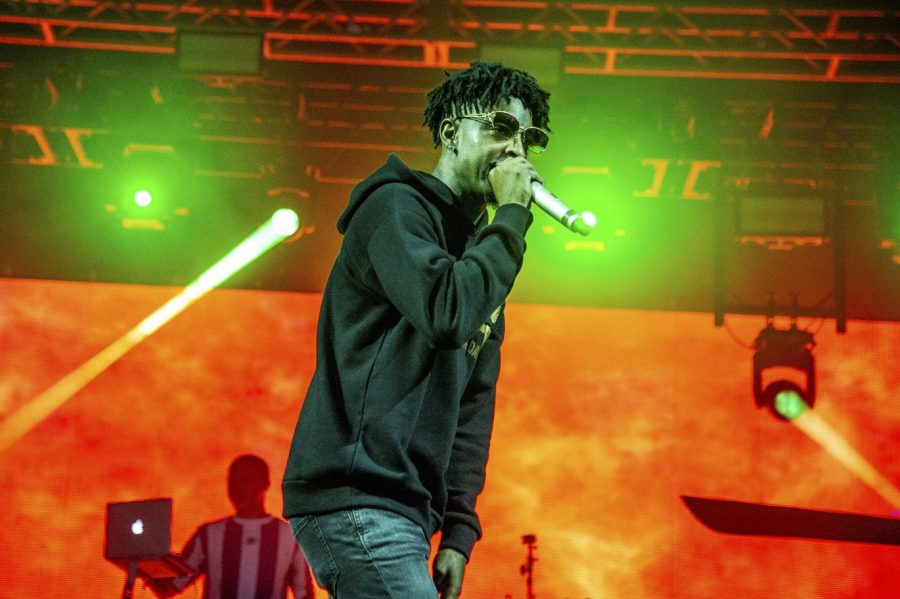
Think about the other cliche themes in hip-hop: money, fame and wealth (both generational and material). Despite all the obstacles in their way, these artists were able to achieve these things. Essentially, hip-hop is the quintessential rags-to-riches story. 21 Savage nails this perfectly with his lyrics “Used to use EBT to get seafood/ Now I Uber Eats when I want Kiku” in Metro Boomin’s “10 Freaky Girls.” This makes hip-hop exciting; it sends a message to audiences that their current circumstances can be changed, and escaped from even.
Now let’s go back to country music. Most songs are about the mundane Friday night high school football games, fishing on a lake, and beer-soaked memories. What makes the genre different, though, is how it portrays negative emotions in its songs.
Take the lyrics in Midland’s “Drinkin’ Problem,” for example: “People say I got a drinkin’ problem/ It’s a broken-hearted thinkin’ problem/ They keep on talkin’/ Drawing conclusions/ They call a problem/ I call a solution.” There’s no escaping the feeling of heartbreak. The character in this song is simply sitting in their emotions (and trying to remedy them with copious amounts of alcohol).
The genre is a celebration of life: the good, the bad and the mundane. It forces audiences to sit in the discomfort of uncomfortable experiences and feelings. There are no escapist fantasies of better outcomes through stories of massive success. Country music helps audiences to find the silver linings in their lives, regardless of the situation. As Luke Combs sang in “Does To Me,” “I was the last resort to go to prom with the queen/ No I didn’t get lucky/ But I still felt like a king.”
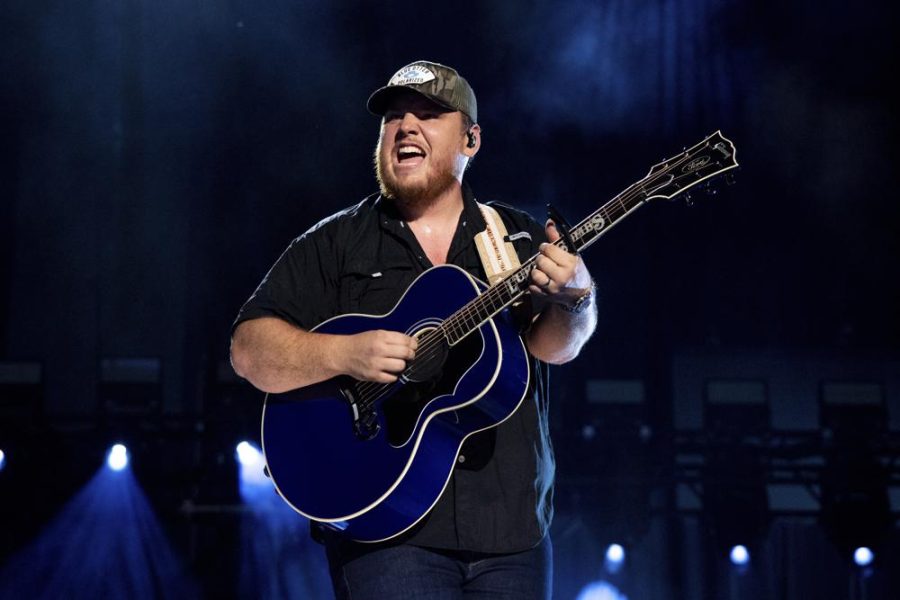
Next time you find yourself at a tailgate, a party, the beach or wherever else country music is played, remember that what you’re listening to is not just “my woman, my truck, and my beer.” What you’re listening to is a celebration of the here and now.
___
For more information or news tips, or if you see an error in this story or have any compliments or concerns, contact editor@unfspinnaker.com.




